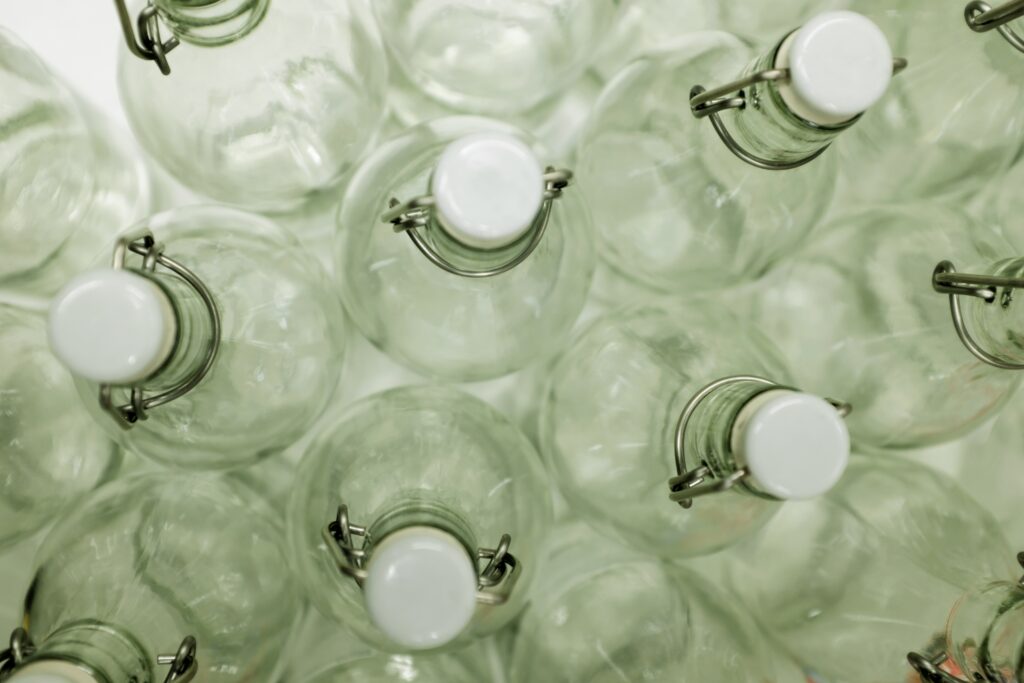Florida Alcohol Retailers: Avoid Packaging of Pre-Batched Cocktails

In recent years, cocktails have surged in popularity, becoming a staple in bars and restaurants. From classic concoctions like the Old Fashioned to trendy mixes like the Espresso Martini, consumers are eager to sample a variety of flavors and combinations. Even wine and beer cocktails have found their place on menus, with favorites like the Mimosa and Michelada captivating drinkers’ palates. In response to this growing demand, Florida retailers are adapting to serve up these tantalizing beverages to their customers.
Cocktails Require a COP License
To mix and sell cocktails , Florida retailers must have a consumption on premises (COP) license. Retailers that have only a package store (APS) license are limited to selling alcoholic beverage products in the the original manufacturer’s container. The type of license determines what types of alcoholic beverages can be sold on the premises. A retailer with a 1COP license is limited to selling beer, while those with a 2COP license can offer beer and wine, including beer and wine cocktails. However, for the full spectrum of alcoholic beverages, including spirits and cocktails, a retailer must secure a 4COP license or higher.
Retailers with a COP license can sell cocktails to go, as long as they require with specific laws about how the cocktails are sold and sealed for transportation. See our article Compliance with Florida’s Cocktails-to-Go Law.
There are Restrictions on Pre-Batching and Storing Cocktails
It’s worth noting that Florida has laws governing the sale of pre-packaged cocktails. While retailers can mix cocktails to order and serve them immediately, they cannot make cocktails in advance and pre-package these cocktails for future sale. This regulation stems from Florida’s strict division between retailers and manufacturers of alcoholic beverages. Retailers are permitted to sell alcoholic beverages at retail, not to manufacture them. Therefore, the act of packaging cocktails for sale crosses into manufacturing territory and is prohibited.
But what exactly constitutes “packaging” according to Florida law? Surprisingly, the statutes and regulations offer little clarification. The key seems to lie in the intention behind the container’s use. If a container is filled with the intention of being sold to consumers, it is considered packaging. This distinction is crucial for retailers to understand to avoid running afoul of the law.
In practical terms, this means that while pre-batched cocktails are allowed, retailers must be cautious about how they store them. A slushie machine used to create frozen cocktails is acceptable because the batch is obviously not intended for sale as a stand-alone product, slushie machine included. However, storing pre-batched cocktails in kegs or other saleable containers poses a risk of violating the law in the eyes of enforcement agents.
Imagine that an enforcement agent, during a routine inspection of a retailer’s bar, finds a keg filled with a pre-batched cocktail that the retailer has made in advance and intends to serve to customers upon order. The agent will wonder whether the retailer has purchased the keg, including the cocktail, from a licensed distributor, in which case the retailer should have a receipt for the purchase. The agent will be concerned that the retailer may intend to sell the entire keg, including the cocktail, to retail customer, which is prohibited unless the retailer is also a licensed manufacturer. It’s storage of the pre-batched cocktail in a keg–a container of unknown origin and unknown destination–that is the problem for the enforcement agent. A retailer can avoid this situation by not pre-batching and storing cocktails in consumer packages, like a keg.
In conclusion, Florida retailers have the opportunity to cater to consumers’ cocktail cravings, but they must do so within the boundaries of the law. With the right license, retailers can mix up a storm of delicious cocktails, but they must refrain from packaging them for sale. By understanding and adhering to these regulations, retailers can ensure compliance while satisfying their customers’ thirst for innovative libations.
Do you have any questions about Florida’s rules concerning alcoholic beverage product samples? Contact us to schedule a consultation with a beverage attorney.
Because we’re attorneys: Disclaimer. Originally posted February 9, 2024.

